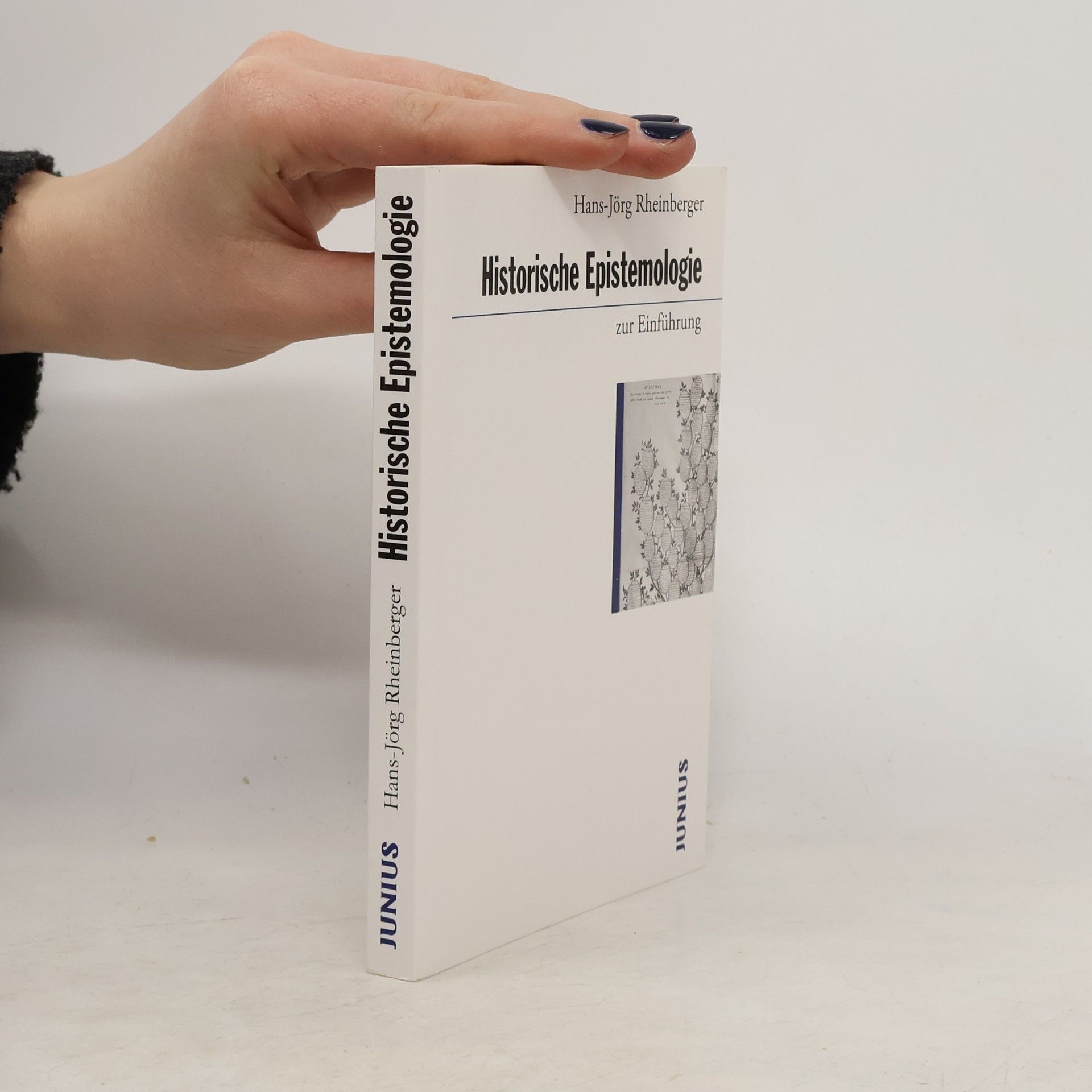Focusing on the interplay between the experimenter's hands and the artist's, this book explores the intricate relationship between science and art. It offers a deep intellectual engagement that reveals how these two fields influence and enrich one another, inviting readers to consider the creative processes that bridge scientific inquiry and artistic expression.
Hans-Jörg Rheinberger Libros






"Esteemed historian and philosopher of science Hans-Jèorg Rheinberger explores the incredible diversity of scientific experimentation in his new book, which extends his ground-breaking epistemological studies of the life sciences and the experimental practices that have made them so productive. Rheinberger explores the materiality of experiment, of its objects and instruments, the construction of models, and myriad ways of making things visible. The first part of the book is devoted to the circumstances and conditions that give the process of experimentation its structural cachet and make it a device from which novelty can emerge. Then, in the second part, Rheinberger focuses on the relations that experimental systems develop among each other, specifically their characteristic temporal, spatial, and narrative dimensions. The concepts that guide his investigation emerge through accessible examples, most of which are drawn from molecular biology, including from the author's own laboratory notebooks from his years researching ribosomes. This is a tour de force by one of today's most influential theorists of scientific practice"--
Historische Epistemologie zur Einführung
- 155 páginas
- 6 horas de lectura
Wenn das 19. Jahrhundert in der Philosophie der Wissenschaften den Aufstieg des Positivismus erlebte, so begann das 20. Jahrhundert mit einer Krise des positivistischen Denkens, ohne dass zunächst eine Lösung oder gar Alternative in Sicht gewesen wäre. Erst allmählich entwickelte sich im Laufe des 20. Jahrhunderts ein komplexes, sozialhistorisch und denkhistorisch motiviertes Nachdenken über Wissenschaft, das in seinem Kern darin bestand, die Wissenschaftsphilosophie zu historisieren. Es entwickelten sich Formen einer historischen Epistemologie. Diese Bewegung muss in den breiteren Kontext der Dynamik der Wissenschaften und der sozialen und kulturellen Entwicklungen des 20. Jahrhunderts gestellt werden. In dieser Einführung werden Positionen vorgestellt, die in diesen Historisierungsprozess eingegriffen und ihn gestaltet haben.
Spalt und Fuge
Eine Phänomenologie des Experiments
Ordnung und Organisation
Begriffsgeschichtliche Studien zu den Wissenschaften vom Leben im 18. und 19. Jahrhundert
Zwischen den Zeilen
Liechtensteiner Miszellen 2010-2020
Experimentalität
Hans-Jörg Rheinberger im Gespräch über Labor, Atelier und Archiv
Epistemologie des Konkreten
Studien zur Geschichte der modernen Biologie
- 415 páginas
- 15 horas de lectura
